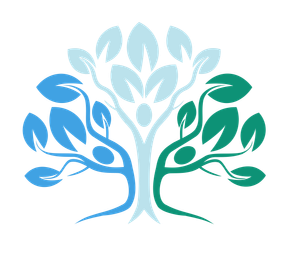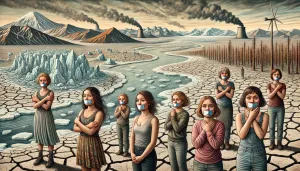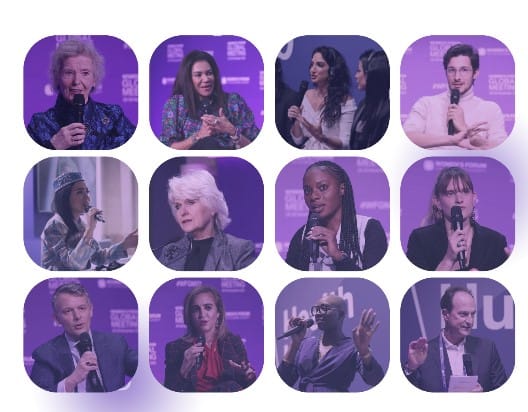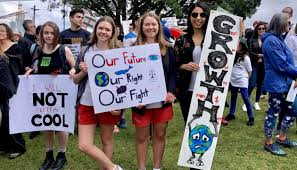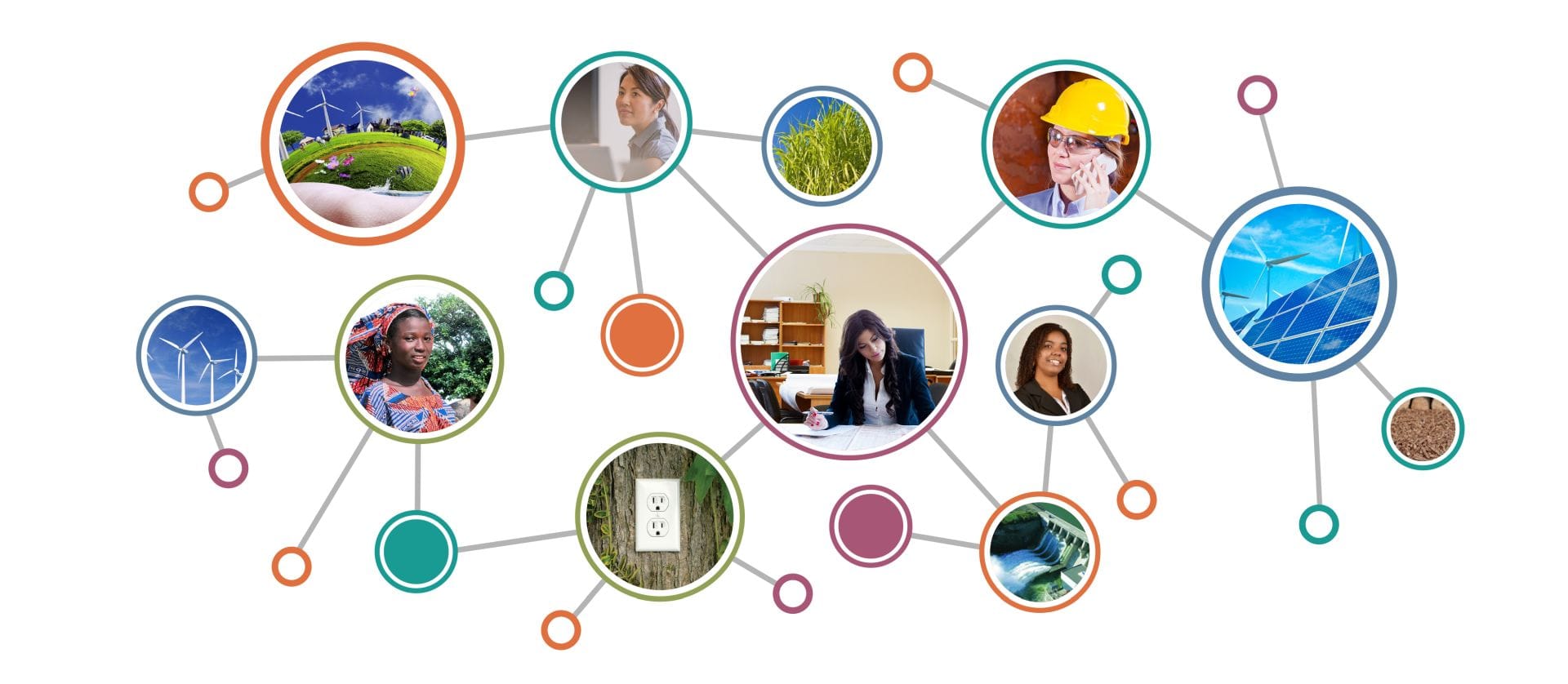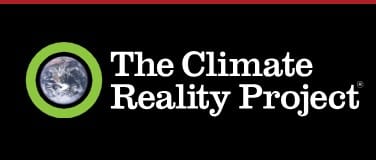The global climate crisis demands bold, collective action. Yet, while women often emerge as leaders in environmental advocacy, they also encounter unique societal and internalized barriers that manifest as self-censorship. This self-imposed silencing often limits their participation in climate discussions and activism, impacting both the inclusivity and effectiveness of climate solutions.
Understanding Self-Censorship
Self-censorship refers to the act of withholding one’s ideas, beliefs, or actions due to perceived external judgments, societal norms, or fear of reprisal. For women, this behavior is often deeply rooted in gendered expectations. Cultural constructs in many societies prioritize traits like agreeableness and humility in women, discouraging assertive or controversial stances. When applied to climate action, these expectations can stifle women’s voices, even when their insights are critical to sustainable solutions.
Globally, women express greater concern about climate change compared to men. A previous study that was done at the Pew Research Centre reveals,
in wealthier nations, women are significantly more likely than men to prioritize climate issues, whereas this disparity decreases in less affluent countries. Despite their heightened awareness, women’s involvement in climate decision making remains disproportionately low.
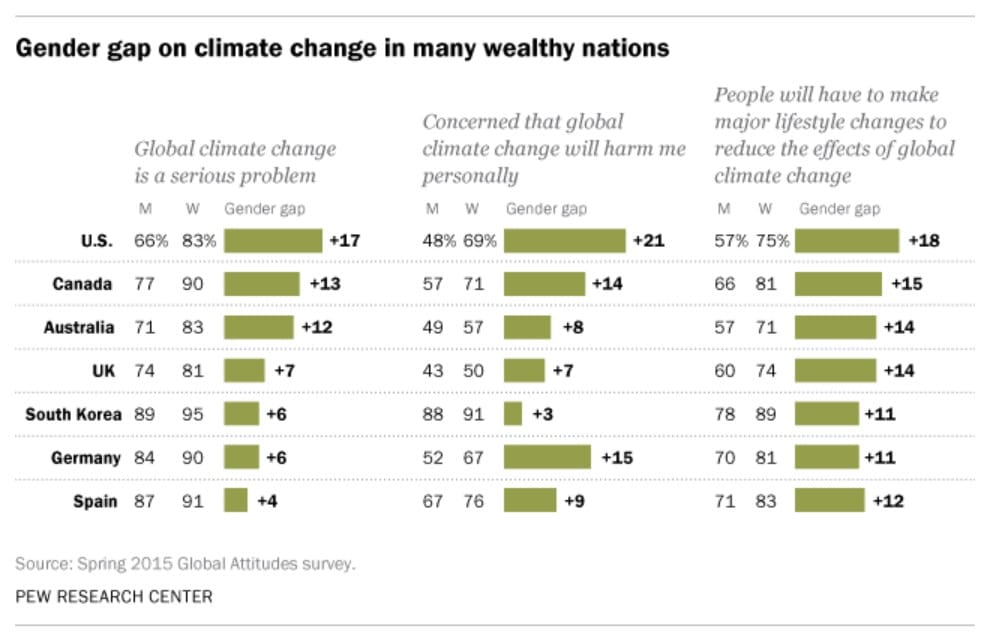
Why does Self-Censorship Occur in Climate Spaces?
- Fear of Being Perceived as “Too Emotional”
- Economic and Social Vulnerability
- Dominance of Male Voices in Environmental Issues
Women bring unique insights, especially those rooted in traditional knowledge, community management, and sustainability practices. Excluding these voices can lead to one-dimensional strategies that fail to address the needs of vulnerable populations.
Barriers to Participation
1. Societal Norms and Expectations: Women are often socialized to avoid confrontation and prioritize collective over individual goals, leading to less assertiveness in policy advocacy.
2.Underrepresentation in Leadership: In climate negotiations and governance, women are consistently underrepresented. For example, only 8 out of 78 leaders were women who attended COP29.
3.Economic and Educational Disparities: Limited access to resources and education, especially in developing countries, curtails women’s ability to contribute to and lead climate solutions.
A World Bank Group report emphasizes the importance of making gender equality a central focus of climate action:
Research shows that increasing women’s representation in national parliaments correlates with stricter climate policies and lower emissions. Additionally, women-led initiatives, particularly at the grassroots level, have proven effective in sustainable resource management and conservation
Strategies to Overcome Self-Censorship
- Promoting Gender Equality in Leadership: Creating pathways for women to occupy leadership roles in climate governance can amplify their voices.
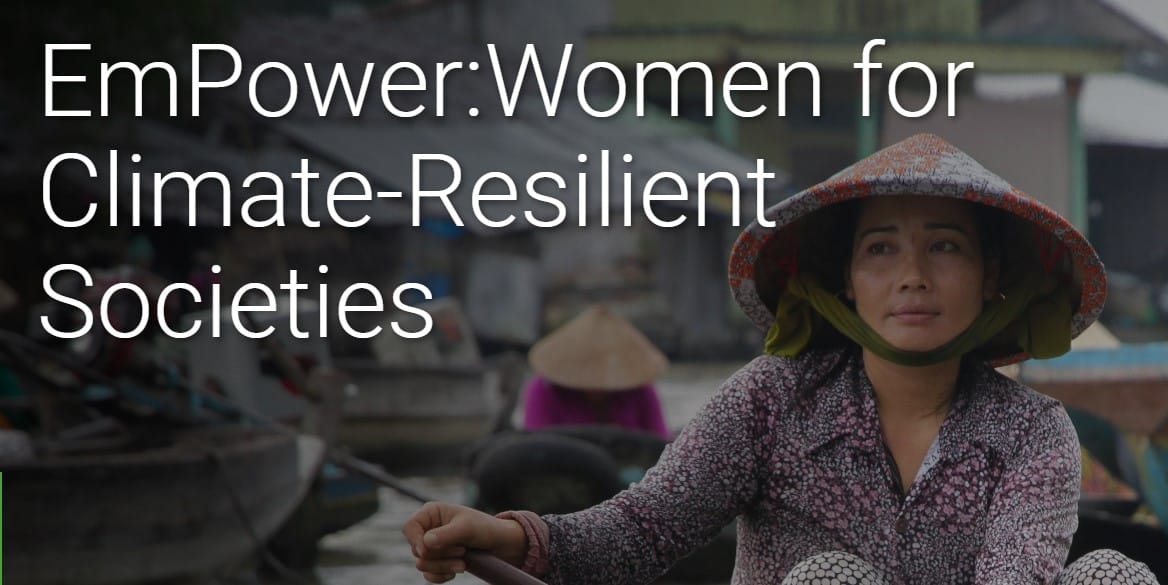
the jointly implemented program by UN Women and UNEP
- Capacity Building: Investing in education and training for women in climate science and activism can bridge the gap.
- Supportive Policies: Gender-responsive policies such as the UNFCCC’s Gender Action Plan, aim to mainstream gender in climate action and ensure equal participation.
- Creating Inclusive Platforms: Ensuring safe spaces for women to express their views without fear of judgement or retaliation. Examples include the Women’s Forum, and the Grassroots Movement.
- Challenging Gender Norms: Societal attitudes that equate assertiveness in women with negativity must be dismantled. Education, media representation, and community dialogues can help normalize women’s leadership in climate action.
- Mentorship and Role Models: Amplifying the stories of women who have successfully led climate initiatives can inspire others to step forward. Mentorship programs can also help building confidence and resilience against self-censorship. Examples include: Women4Climate Toronto Mentorship Program , Global Women’s Network for the Energy Transition , and Climate Reality Leadership Corps.
Women's contributions to climate action are indispensable. However, self-censorship remains a hidden barrier that hinders their full participation. By recognizing and addressing this issue, society can unlock the potential of half its population to drive meaningful environmental change.
